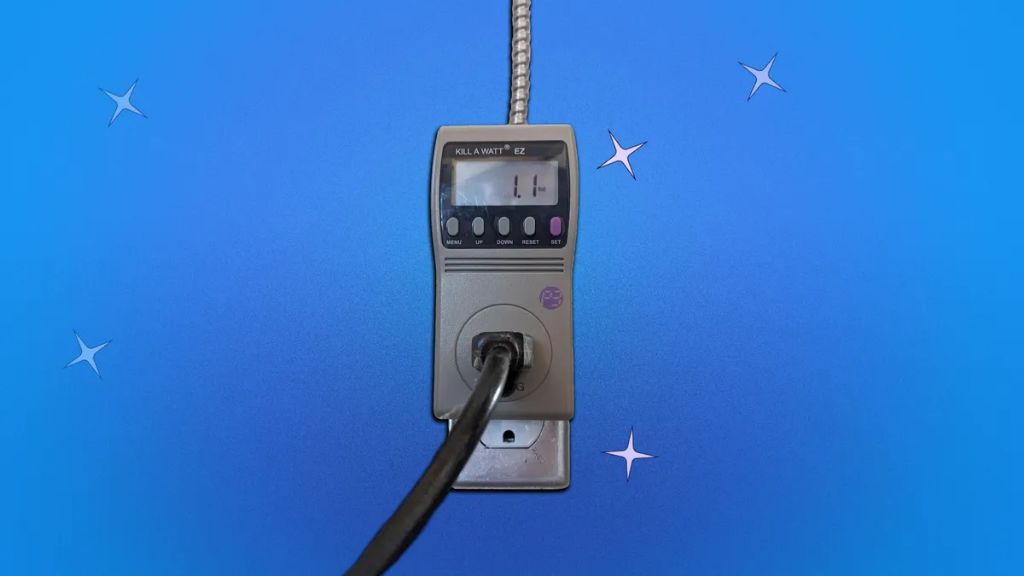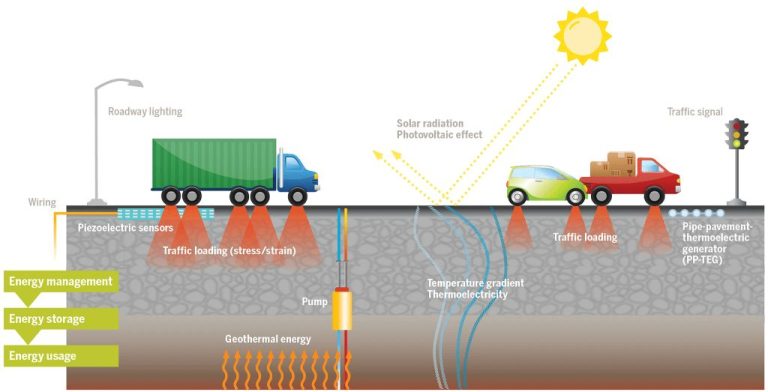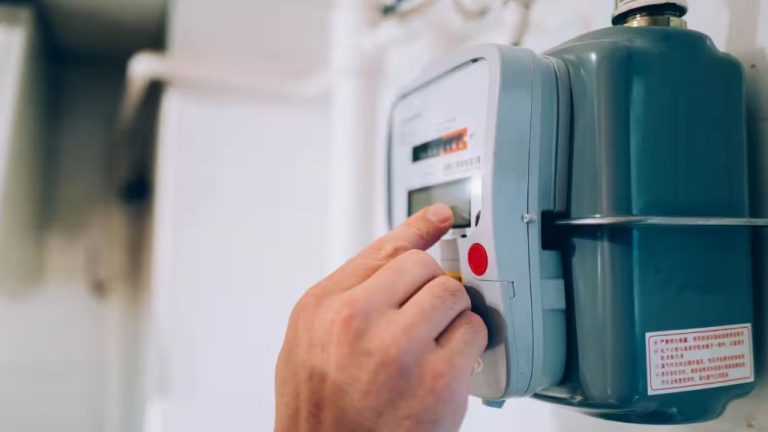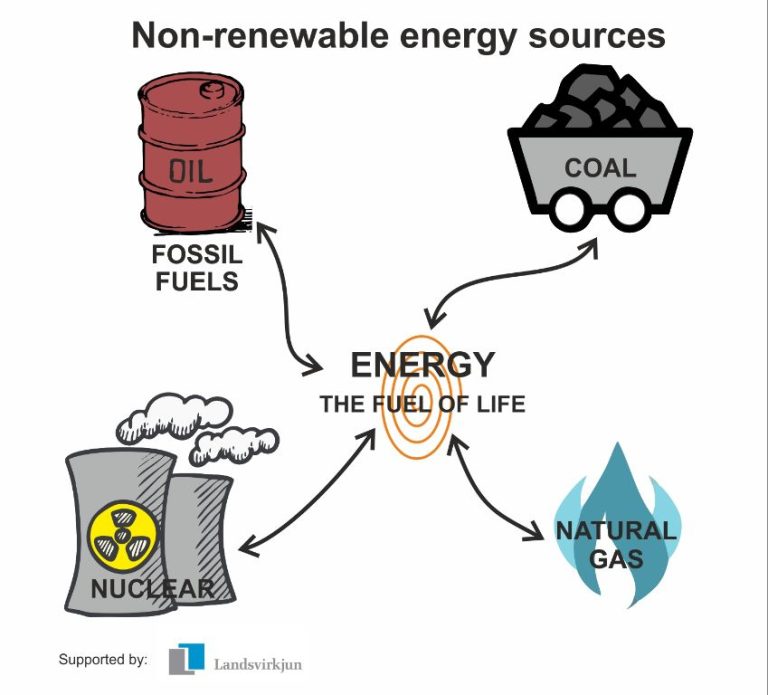How Many Watts Is A Kilowatt-Hour?
A kilowatt-hour (kWh) is a unit of energy that represents the amount of electricity consumed over a period of time. Specifically, a kilowatt-hour is the amount of energy consumed when 1,000 watts are used for one hour. To understand what a kilowatt-hour is, it’s helpful to first understand the units of power (watts) and energy (watt-hours) that make it up.
This article will explain what watts and kilowatts are, define a kilowatt-hour, provide some math examples and practical uses, and discuss why energy consumption is often measured in kilowatt-hours rather than just watts.
What is a Watt?
A watt is a unit of power that measures the rate of energy conversion or transfer. Specifically, a watt is defined as 1 joule of energy being converted per second. For example, a 100-watt lightbulb uses 100 joules of electrical energy every second to produce light and heat.
The watt is part of the International System of Units (SI) and is named after Scottish engineer James Watt, who helped develop the steam engine in the late 18th century. While Watt did not invent the concept of power, his work helped standardize the watt as a unit of power that could be universally understood and applied.
In practical terms, the watt rating of an electrical device indicates how much power it consumes. The higher the wattage, the more energy it uses. Watts are commonly used to rate lightbulbs, batteries, motors, generators, and many other electrical and mechanical devices. Watts provide a standard way to compare how much power different devices consume.
What is a Kilowatt?
A kilowatt (kW) is a unit of power equal to 1000 watts. Power is the rate at which energy is transferred or converted. In electrical systems, power represents the rate at which electricity is produced, transmitted, distributed, and consumed.
The kilowatt quantifies power just like the watt, but it is 1000 times larger. By definition, one kilowatt is equal to 1000 watts. This relationship is helpful for conceptualizing the scale of kilowatts versus watts. For example, a common incandescent light bulb runs on about 60 watts. It would take around 17 of these light bulbs (60 x 17 = 1020 watts) to consume one kilowatt of power.
The kilowatt is commonly used to measure the power output of electrical generators, power consumption of large equipment and machinery, and the capacity of transmission lines that carry electricity long distances. Using the larger kilowatt unit helps simplify these types of high power calculations.
What is a Kilowatt-Hour?

A kilowatt-hour is a unit of energy that measures the amount of electricity used over time. Specifically, a kilowatt-hour represents using one kilowatt of power for one full hour. For example, a 100-watt light bulb running for 10 hours would consume 1 kilowatt-hour of electricity (100 watts x 10 hours = 1,000 watt-hours = 1 kilowatt-hour).
Kilowatt-hours are commonly used for billing electricity consumption. Utilities measure the total kilowatt-hours used in a home or business over a billing cycle, then charge based on the kilowatt-hour rate. Kilowatt-hours allow us to calculate the total work done by an electrical device over time, rather than just its power draw at an instant.
In summary, a kilowatt-hour equates to using 1,000 watts of power over the course of 1 hour. It provides a way to measure total electric energy usage that factors in both power draw and time.
Converting Kilowatt-Hours to Watts
To understand how many watts are in a kilowatt-hour, we first need to break down the units. A watt is a unit of power. A kilowatt is equal to 1000 watts. A watt-hour is a unit of energy that represents the amount of work done by 1 watt of power for 1 hour.
A kilowatt-hour is simply 1000 watt-hours. So 1 kilowatt-hour is equal to:
1000 Watts x 1 Hour = 1000 Watt-Hours
By substituting Watts x Hours for Watt-Hours, we can see that 1 kilowatt-hour is equal to 1000 watts.
Math Example
To convert kilowatt hours to watts, we simply multiply the number of kilowatt hours by 1,000. This is because there are 1,000 watts in a kilowatt.
For example, to convert 5 kWh to watts, we would calculate:
5 kWh x 1,000 = 5,000 Watts
So 5 kilowatt hours equals 5,000 watts. We multiplied the 5 kWh by 1,000 to convert to the smaller unit of watts.
Practical Examples
Here are some practical examples of appliance energy use in kilowatt-hours and the equivalent in watts:
A standard refrigerator uses around 500 kWh per year. 500 kWh x (1000 W / 1 kWh) = 500,000 W per year. So a fridge uses 500,000 watts per year.
An LED light bulb uses around 10 kWh per year if left on for 8 hours per day.
10 kWh x (1000 W / 1 kWh) = 10,000 W per year. So an LED bulb uses 10,000 watts per year.
A clothes dryer can use around 600 kWh per year for an average household.
600 kWh x (1000 W / 1 kWh) = 600,000 W per year. So a clothes dryer uses 600,000 watts per year.
A dishwasher uses around 300 kWh per year based on daily use.
300 kWh x (1000 W / 1 kWh) = 300,000 W per year. So a dishwasher uses 300,000 watts per year.
Knowing appliance energy use in both kWh and equivalent watts can help compare and comprehend energy consumption.
Why Measure in Kilowatt-Hours?
When it comes to energy consumption and billing, kilowatt-hours (kWh) are the standard unit used. There are a few key reasons for this:
First, kilowatt-hours allow for easy measurement over time. Watts measure power at an instant, but energy use accumulates over time. By measuring in kilowatt-hours, utilities can charge for total energy consumed over a billing period like a month or year.
Second, kilowatt-hours simplify pricing and billing. Instead of billing for instantaneous power draw which fluctuates, utilities bill for total energy consumed based on a per kWh rate. This allows consumers to better understand and control energy costs.
Third, kilowatt-hours factor in both power usage and time. Higher power draw over longer times results in more kilowatt-hours consumed. This accurately captures total energy use for billing purposes.
Finally, kilowatt-hours normalize energy consumption across different uses. Whether you are running an appliance, charging an EV, or powering a factory, kilowatt-hours measure total energy use in a standardized way. This allows easy comparison of energy consumption.
For these practical reasons, kilowatt-hours have become the standard unit for energy billing, measurement, and analysis – from individual households to industrial facilities.
Conclusion
In summary, a kilowatt-hour is equal to 1000 watts used for one hour. To convert kilowatt-hours to watts, you simply multiply the kilowatt-hours by 1000. So for example, 1 kWh = 1000 watts. Understanding the relationship between these units is important for calculating electric power consumption and costs.
Kilowatt-hours allow us to easily measure total electric energy use over time, rather than instantaneous power (watts). Electricity billing is typically based on kilowatt-hour usage, because this accounts for both the rate of electric power consumption (watts) and the duration (hours) that the power is used. By being able to convert between these units, you can better understand your electricity use and costs.
In conclusion, knowing how to convert kilowatt-hours to watts provides useful insight into electrical power measurements and usage calculations in both residential and commercial settings.
References
Here are the sources for the statistics and definitions used in this article:
[1] The United States Energy Information Administration definition of watt: https://www.eia.gov/energyexplained/units-and-calculators/british-thermal-units.php
[2] IEEE Standard Definition for the SI Unit of Power https://ieeexplore.ieee.org/document/6139563
[3] The official SI unit definition of a kilowatt: https://physics.nist.gov/cuu/Units/outside.html
[4] Merriam-Webster dictionary definition of a kilowatt-hour: https://www.merriam-webster.com/dictionary/kilowatt-hour
[5] US EIA explanation of kilowatt-hour: https://www.eia.gov/energyexplained/units-and-calculators/british-thermal-units.php
[6] How Many Watts Are in a Kilowatt-Hour?: https://www.weka.nl/en/discover/how-many-watts-kilowatt-hour





